The world's first fully compostable mouthpiece
Sustainable design and technology company Pentatonic has partnered with fashion industry expert Natalia Vodianova to develop the "world's first high-performance, fully compostable" mask: Masuku Daily. Pentatonic says that globally, we process 3 million masks per minute. Each mask may take up to 450 years to decompose and leave behind microplastics. Masuku Daily masks, on the other hand, are made of a biodegradable cellulose material that can be composted in water, soil or pots in about 4 weeks.
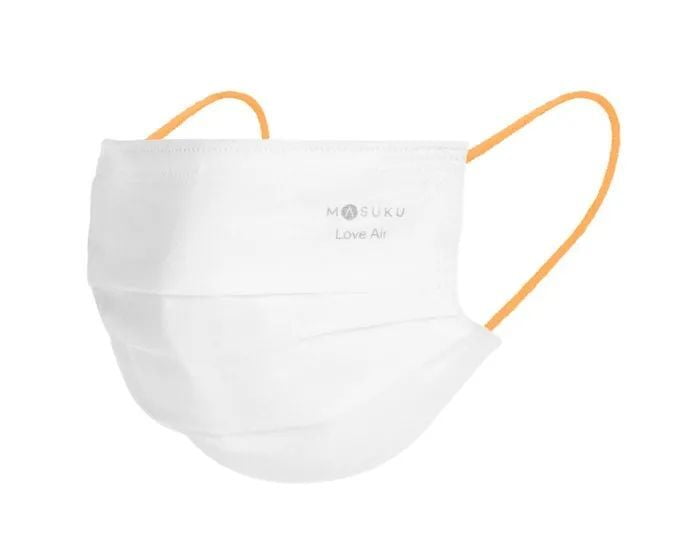
The world's first microbially grown headphones
Finnish studio Aivan has designed a pair of headphones made entirely of bioplastics grown by fungi and microorganisms. Mushrooms play an important role in the development of new materials that offer better performance and may eventually replace plastics in the future. Its adoption of Synbio (short for synthetic biology) is a rapidly evolving disruptive technology that allows the design and modification of new biological organisms, as well as the redesign of existing biological systems, for useful purposes.
Synthetic organisms can produce a variety of desired chemicals, materials, medicines or fuels from renewable raw materials, waste fractions and carbon dioxide. This technology will play a crucial role in the transition from a fossil economy to a sustainable circular bioeconomy.

Dove replaces disposable bottles with reusable/refillable packaging
Sustainability is the mantra of Unilever's new product line, with packaging designed to target plastic waste with a buy-once/fill-many concept. the Dove Body Wash Reusable Bottle + Concentrate Refill Starter Kit includes a reusable pump bottle made of aluminum or high-density polyethylene (HDPE) and a 4-ounce HDPE refill bottle with concentrated body wash, both recyclable .
Unilever's calculations show that after consumers used up two replacements in the aluminum bottle and four replacements in the plastic bottle, they used 50% less plastic compared to using the same volume of Dove body wash in standard disposable packaging.
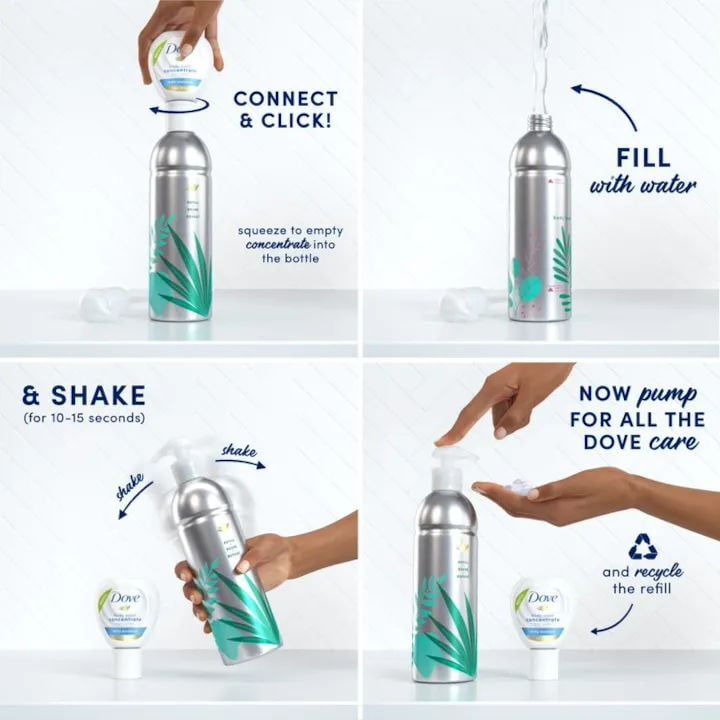
10 Japanese companies participate in plastic product reduction initiative
Ten companies, including daily goods giant Unilever Japan, Japan Airlines and Suntory Holdings, said in a 22nd release that they will participate in an initiative to cut plastic products by 2025. The initiative is in response to a call from the World Wide Fund for Nature (WWF) Japan, which promotes measures against marine plastic pollution. The initiative, called "Plastic Recycling Challenge 2025," aims to achieve a "circular economy" that makes efficient use of resources by replacing single-use plastics with alternative materials, reuse and re-sourcing.
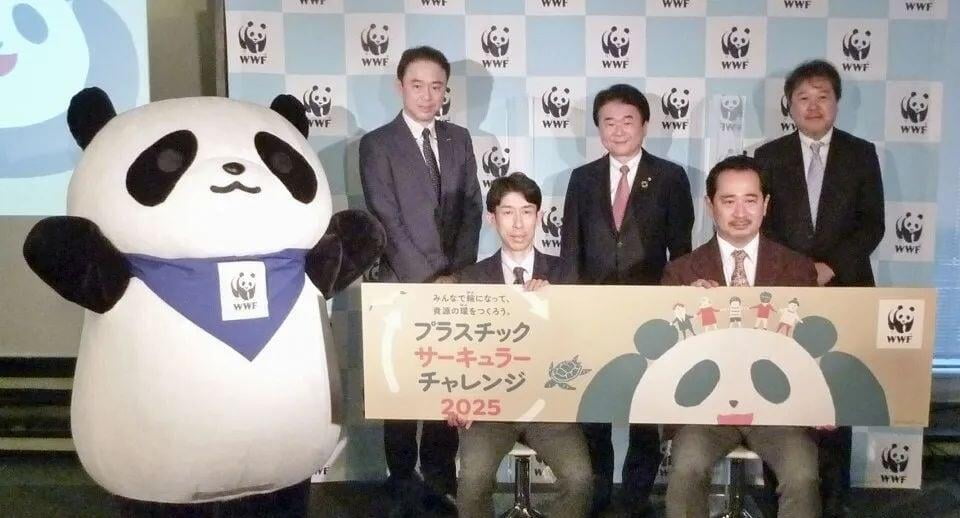
World's third largest container shipping fleet bans plastic waste shipments
France-based CMA CGM says it has made a "landmark decision" to stop shipping plastic waste from June 1 to help protect oceans and biodiversity. According to statistics, Duffy Group carries about 50,000 standard containers of plastic waste each year. Rodolphe Saadé, the group's chairman and CEO, said the move will prevent plastic waste from being shipped to areas that lack proper sorting, recycling and recovery infrastructure.
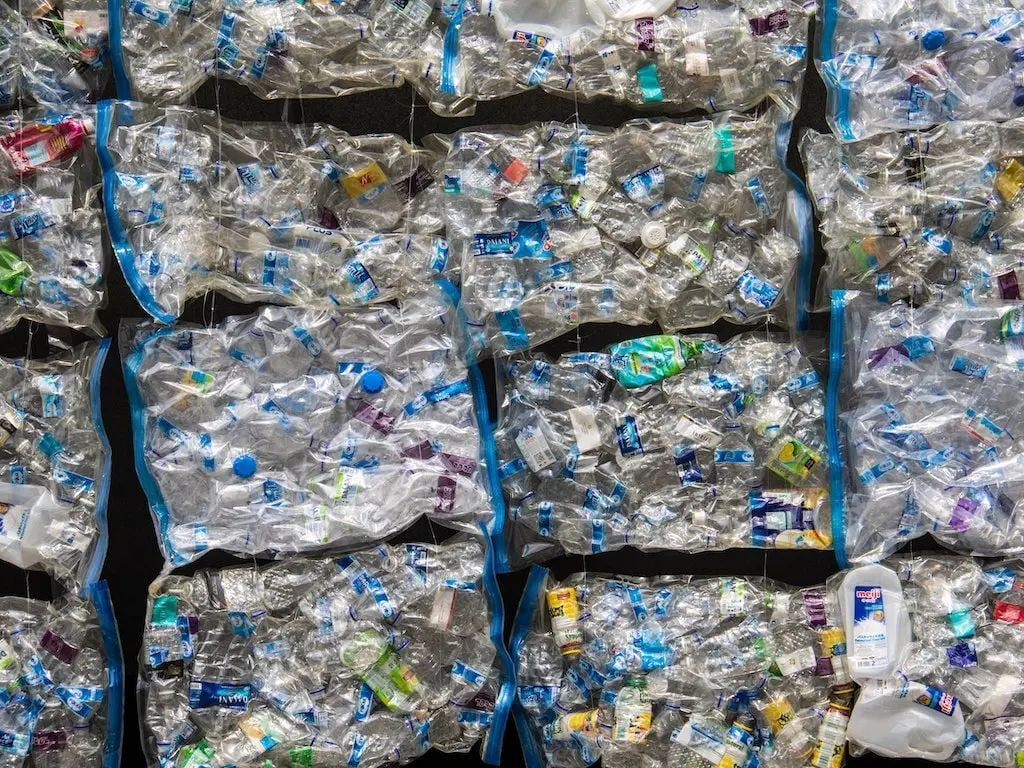
The woman who fought single-use plastic in Hollywood
Sheila Morovati, founder and president of the nonprofit Habits of Waste, wants to stop the media from continuing to use single-use plastics and to take the material's representation out of the spotlight. And she hopes that environmental alternatives will become a faster and easier choice for most people. Her advocacy campaign, "Lights, Camera, Plastic?" directly asks television and film producers to ban single-use plastics in their creations.

Chile's New Single-Use Plastic Ban Sets New Standard for Global Waste Initiative
A ban on single-use plastics for cutlery and straws is now in effect throughout Chile, a move that is the beginning of the country's shift to a comprehensive environmental mandate aimed at removing plastics from the waste stream. Meanwhile, Chile's regulations will be strengthened in the coming years. By August 2023, the country will mandate recycling of bottles in stores and warehouses. By next summer, restaurants and food counters will have to use recyclable or reusable take-out containers and utensils.
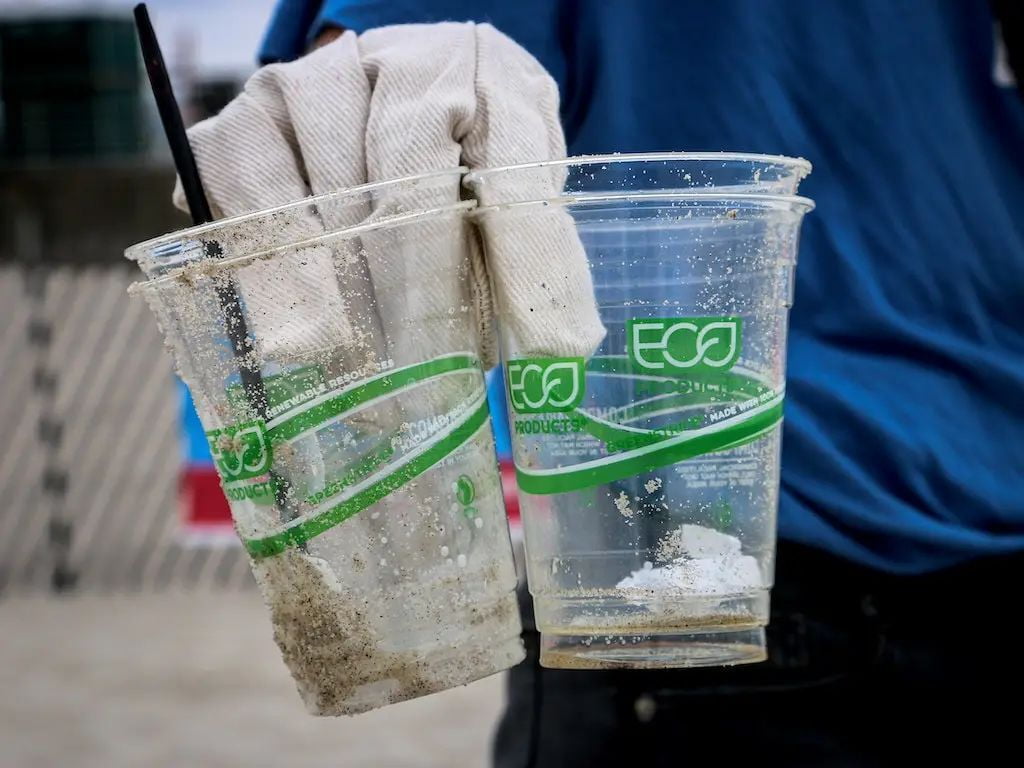
OECD releases new report aimed at "bending the plastic curve"
The Organization for Economic Cooperation and Development (OECD) recently released an exhaustive report on plastic pollution, Global Plastics Outlook, the first to comprehensively assess current plastics production, use and waste generation, reveal potential economic drivers and map related environmental impacts on a global scale. The report also identifies four key levers essential to "bending the plastics curve": recycled (secondary) plastics markets, plastics technology innovation, domestic policy measures and international cooperation, including international financing.

